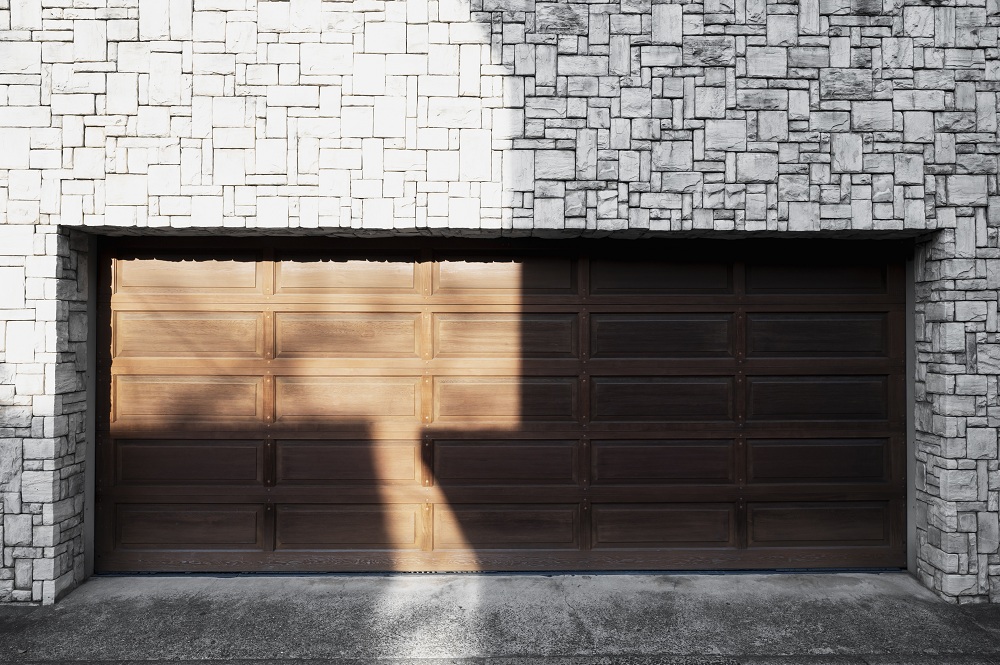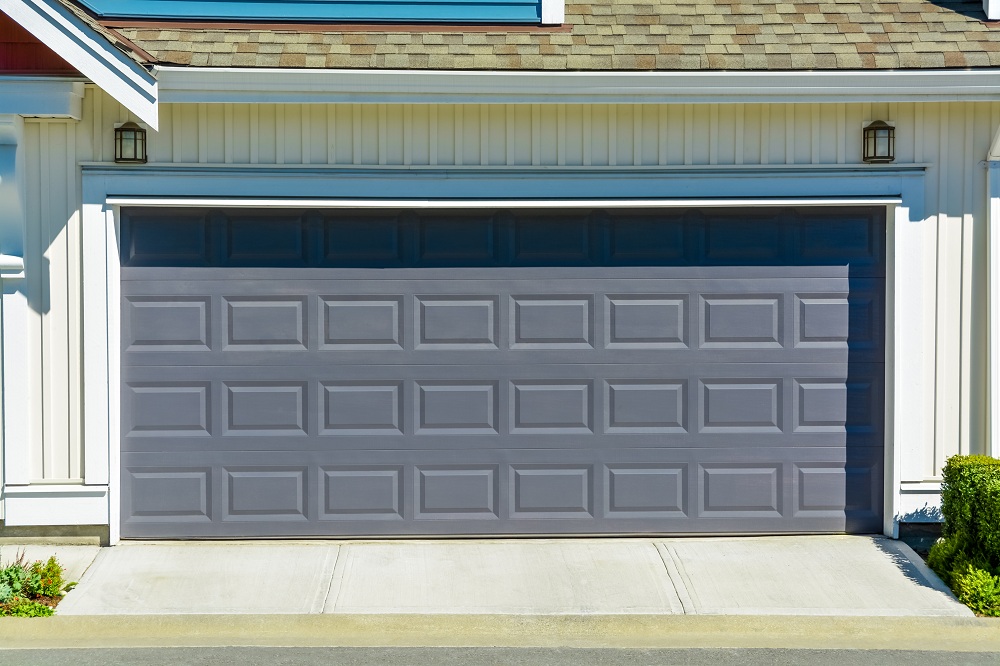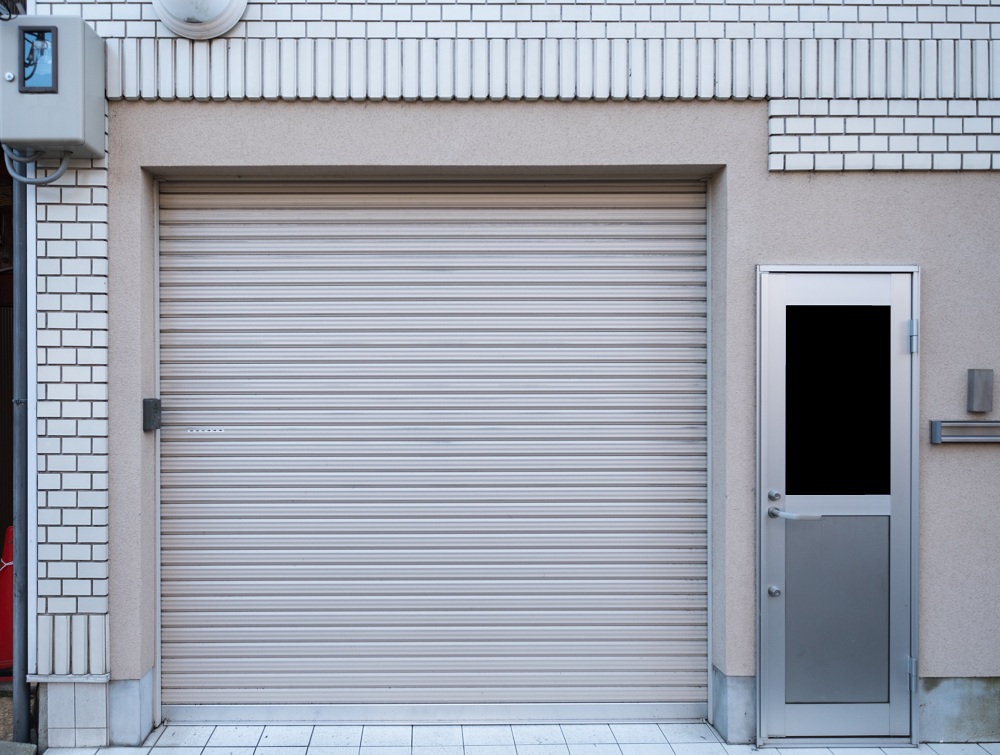
Replacing an old garage door or choosing one for a new addition to your home is a process which seems simple on the surface. However, once you start looking into the details, it’s easy to get bamboozled by your options. To clear things up, here are the main considerations you have to factor into this decision, from the type of door to the material and the security aspects. Consulting with professional garage door services can also provide valuable insights and assistance in making the right choice for your garage door selection accordingly.
01. Understanding Different Types of Garage Doors

First up, it’s imperative to familiarize yourself with the many types of garage doors on offer. Each kind has unique features, advantages, and potential drawbacks that can greatly affect your buying decision.
Here is a rundown of some common types:
- Panel Lift Doors: Known for their smooth operation and durability.
- Roller Doors: Compact and efficient; perfect if you have limited driveway space.
- Sectional Garage Doors: Offers superior insulation attributes.
- Tilt Doors: A single panel tilting door well-suited for minimal headroom.
Choosing the best type largely depends on your home setting, style preference and practical needs. Evaluating these options will ensure you make an informed choice. And if you work with a supplier that is using the latest garage door software, they should be able to explain your options and accommodate your needs effectively.
02. Considering the Material: Steel, Wood or Aluminium?

The material of your garage door is another crucial factor to consider. Each option brings unique features into play including durability, maintenance requirements, and visual appeal.
Let’s take a brief look at each:
- Steel Garage Doors: A popular choice for their robust nature. They can be painted to match your house.
- Wood Garage Doors: These offer a timeless aesthetic but might require more upkeep than other materials.
- Aluminum Garage Doors: Lightweight and resistant to rust, making them suitable for coastal homes.
Each material has its pros and cons so it’s important to think about what will work best in your specific circumstances. From meeting climate demands of your area and catering to design expectations through to sticking within budget constraints, everything has to be weighed up.
03. Security Measures: Assessing Locks and Safety Features

Garage doors aren’t just about aesthetics or functionality, as they are also a significant component of home security. Therefore, paying attention to their locks and safety features is essential.
Here are some considerations for your garage door’s security:
- Integrated Locking System: Doors with built-in key cylinder locks offer superior protection compared to external padlocks.
- Automatic Openers with Security Codes: These prevent unauthorized access by changing the opening signal each time you use it.
- Backup Battery Systems: Essential during power outages when automatic openers will no longer work.
Also, components such as tracks, cables, springs should be robust enough to withstand attempts at forced entry. Meanwhile, modern technology has enabled intelligent monitoring systems for remote control, including via smartphones. Prioritize these aspects based on what level of security you aim to achieve at your property.
04. Thinking About Insulation: Does It Matter For Your Garage?
Energy efficiency is a compelling consideration when buying a garage door. Dependent on the climate and orientation of your home, insulation could greatly improve comfort levels while reducing energy costs.
Consider these insulation factors:
- Material Type: Some materials such as wood inherently have better insulating properties.
- R-value: This measures thermal resistance. A higher R-value means better insulation.
- Polystyrene vs Polyurethane: While both provide good insulation, polyurethane is generally more efficient and also adds strength to the door panels without adding weight.
Note that well-insulated doors are advantageous in both warm and cold climates as they help keep heat out in summer just as much as they retain warmth during winter.
If you are still stumped after reaching this point, call in the pros. An experienced garage door specialist will do a better job of guiding your decision than if you just go it alone.






























